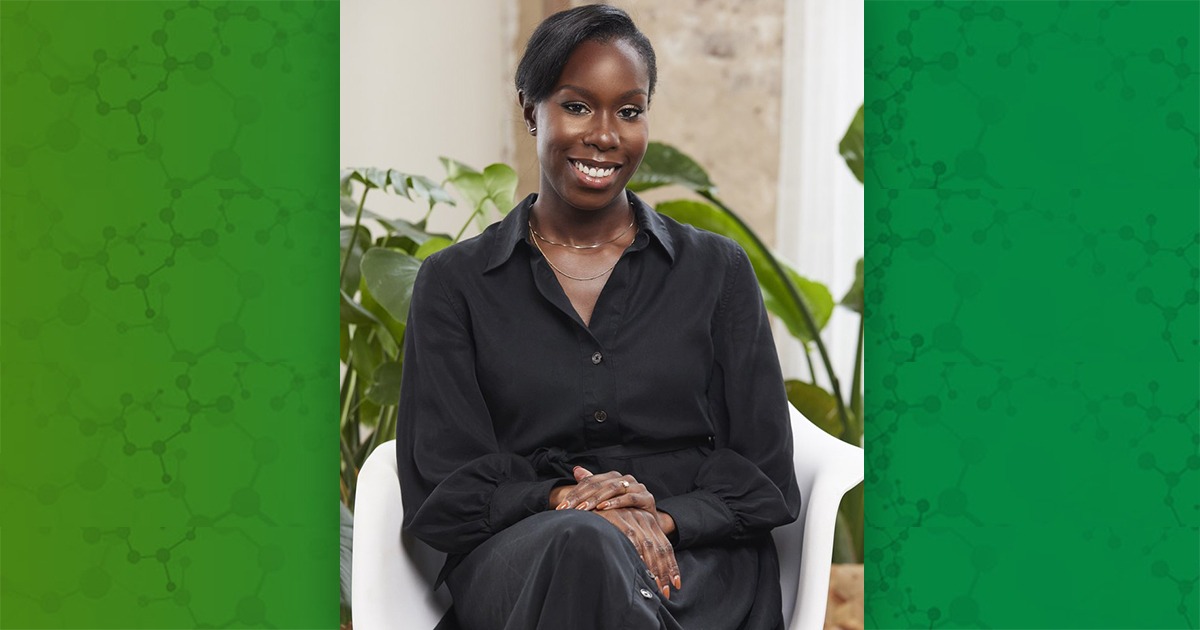The second annual NIEHS Juneteenth celebration, which featured a lunch and a lecture, was held June 20 in honor of the national holiday commemorating the day enslaved people in Galveston, Texas learned they were freed by the 1863 Emancipation Proclamation.
This year’s lecture featured two talks. The first focused on people of color in veterinary science, presented by Tracy Hanner, D.V.M., the first Black graduate from the North Carolina State University (NCSU) College of Veterinary Medicine in 1982 and now-retired professor from North Carolina Agricultural and Technical (A&T) State University.
The second talk titled “Taking Freedom: Liberation in North Carolina,” was presented by Angela Thorpe, director of the Pauli Murray Center for History and Social Justice.
Both highlighted the importance of diversity and inclusion in scientific inquiry.
“This celebration is not solely about reflecting on the past, it is also about embracing the present and forging a brighter future,” said NIEHS Director Rick Woychik, Ph.D. “Juneteenth serves as a reminder that progress requires steadfast commitment to justice, a commitment to equity, and a commitment to inclusion in all aspects of our lives.”
Forging a path in veterinary science
Hanner detailed his journey from student to retirement and the importance of guiding others along the way in his talk titled “BIPOC in Veterinary Medicine: A Historical and Contemporary Perspective.”
From George Washington Carver, an agriculture scientist and inventor who was born into slavery, to today’s veterinary school students, Hanner described how we all are interconnected. For example, Carver met Alfreda Johnson Webb, D.M.V., the first Black woman to graduate from a veterinary program and become licensed to practice medicine in the United States, who later met Hanner.
Each Black veterinarian and scientist helped create a path for the next, he said, which inspired him to mentor thousands of students in comparative medicine, animal sciences, and veterinary medicine.
“I had to do something to help make it a better place for the students who follow after me,” he said.
Dondrae Coble, D.V.M., chief of the Comparative Medicine Branch was one of them.
“Dr. Hanner is an exemplary educator, and his career has demonstrated passion and dedication,” Coble said.
But there is still a long way to go. Hanner said just over 1% of veterinarians are Black, and less than 5% are Hispanic. To help change that, there is a named scholarship for Hanner at NCSU to help more students gain access to quality veterinary science training and education.
Freedom in North Carolina
Thorpe shared stories about Black people who formed a Freedmen’s Colony on the Outer Banks of North Carolina, and how at the start of the Civil War, they were offered housing and food in exchange for heavy labor or for leading dangerous waterway expeditions.
“Black people did not secure liberation on a single day in our state, nor from a single announcement,” Thorpe said. “Black people were not instantly or even categorically released from bondage. They themselves thought and claimed liberation by walking, running, marching, or even floating to it.”
People in those early colonies created new lives and opportunities throughout the state. Their stories continue to inspire others, she said.
The Juneteenth organizing committee included Treva Bunch, Coble, Allison Eason, Veronica Godfrey Robinson, Abigail Kitakule, Mbeja Lomotey, Ruth Lunn, Beth Perry, Ericka Reid, and Cyrena Silvera.
(Susan Cosier is a contract writer for the NIEHS Office of Communications and Public Liaison.)
Source link
factor.niehs.nih.gov


